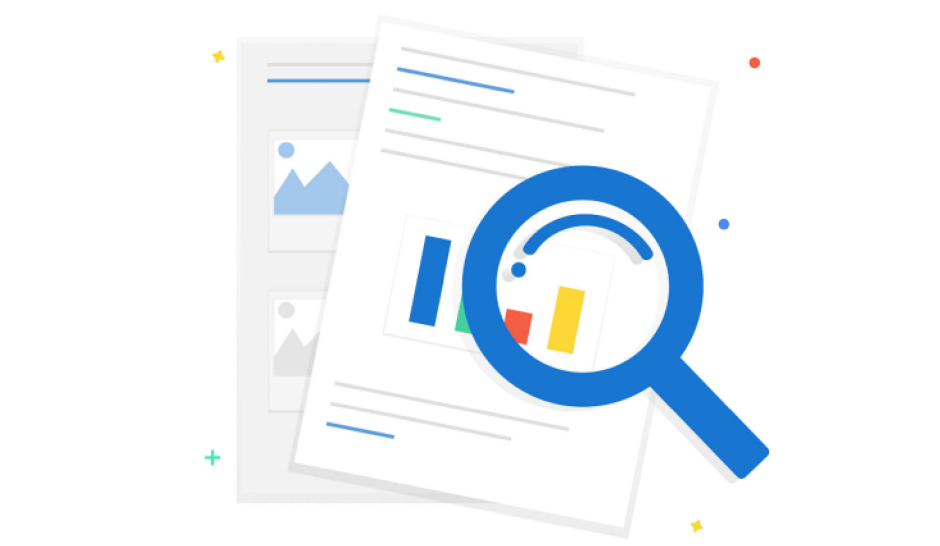
Curiosity: Why it's important and how to develop it daily
📅 25 Jan 2023 | ⌛ 4 min read
In our Skills to Develop series, we talk about some of the most important abilities that you can cultivate, so that you become the best version of yourself, no matter if you're a tester, developer, or anything in between.
In this article, we talk about curiosity as well as how it leads to exploration, investigation, and learning about things. You're already on the way, as just by reading this article you're showing that you want to improve yourself, so read on to see why curiosity is important, how its levels lower over the years, but also how to develop it.
- Why curiousity is important 📈
- How curiousity lowers over the years 👴
- Developing our curiosity 💡
- Conclusion 🏁
Why curiousity is important 📈
It's easy to discount curiosity, especially if you're in a bad mood. "Who needs to learn new things when you barely have time to focus on the important stuff in life, like a job or family?"
But, if you look a bit closer, almost all of humanity's progress was sparked by our inherent curiosity. From the usage of fire, to the wheel, electricity, and much more, these all came to fruition because a curious person decided to challenge the status quo.
How curiousity lowers over the years 👴
Curiosity is inherent to every one of us. You probably remember when you were a child asking your parents "why?" over and over again, just to figure out how something worked.
Unfortunately, as we get bombarded with information over the years, especially during school, our curiosity lowers. Instead of focusing on things that spark our interest, we're constantly forced to remember stuff that doesn't seem all that useful for our younger selves. Once we reach adulthood, this lowered curiosity leads us to focusing on specific areas and ignoring things that could prove very useful. As such, we need to examine, from time to time, our levels of curiosity and at least try to see if there are new things we can learn.
Developing our curiosity 💡
A simple way to develop our curiosity is to carve out a bit of time and fully immerse yourself into something that sparks your interest. Whether it's studying photography to practicing a musical instrument or trying out a new programming language, these passion projects can energize yourself and your curiosity.
Exploring a new subject, gaining knowledge about it, and learning things is a surefire way of "rejuvenating" your curiosity.
Of course, for the method above, you need some free time. Not everyone has such a thing, so here are some ways that you can keep in mind in your day-to-day activity:
- Ask yourself and others more questions: don't be content with the way things are. Ask yourself "why is that?" more often and explore some of the answers. You may find out interesting things even from "dumb" questions.
- Learn more from experts: whether it's from a book or from a real-life person, don't be afraid to study more and enrich your knowledge. Start out with an area that you are already interested and push the limits.
- Use curiosity to drive away boredom and routine: when you feel bored or stuck in a routine, use curiosity to find a way out. Try a different route to work/home, watch a documentary about a topic that sounds interesting instead of the same old shows/videos, or try to pick up some words in a foreign language.
Conclusion 🏁
Curiosity is one of the skills I mention most often in interviews. It is an essential emotion for a tester in particular but also for a well-rounded human as a whole. Being surrounded with people who are curious makes work and life much more exciting. Don't forget that curiosity can often be contagious, so I hope you will take the lead and start to regain your innate curiosity with the tips from this article.